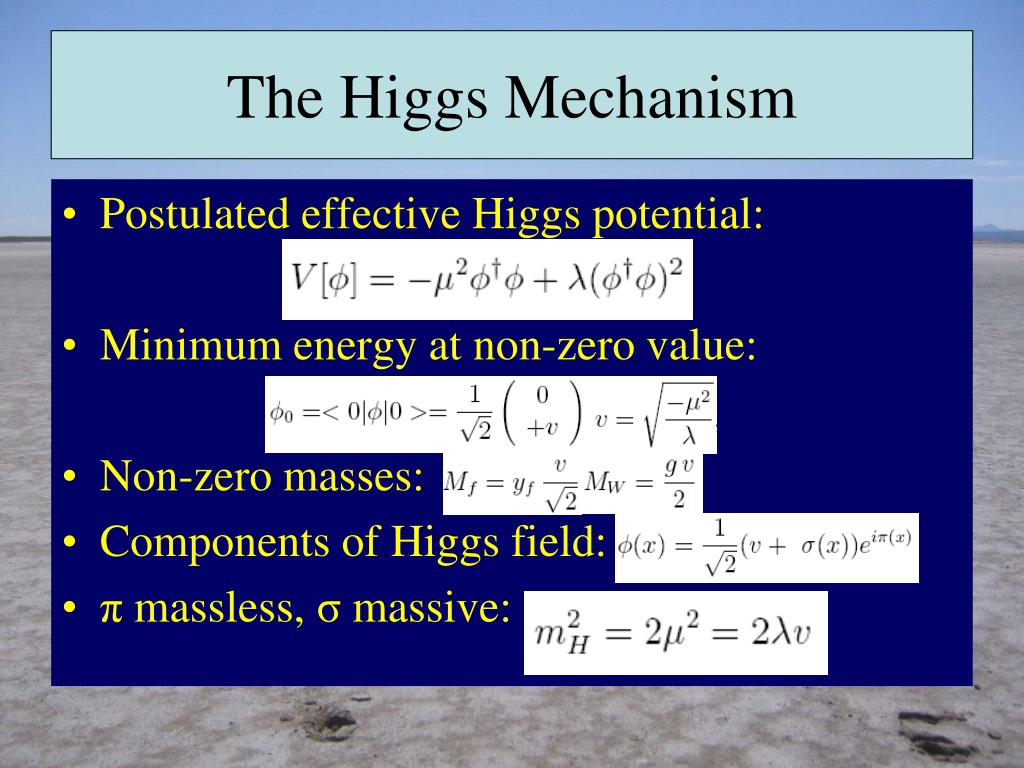

In poker, say I have suited 8 & 9, its worth paying in to see the next card, since I have straight and flush draws, if the price isn’t too high. There’s what is called being ‘Pot Committed’ in poker, there is what I think of as ‘The Great Colour’ issue and then there is ‘Clearing Your Plate’. I there are different parts of general Sunk Cost Fallacy think about, there are a range of ways in which sunk costs can negatively effect otherwise rational business thinking. If you gain value from the 100 articles Jamey publishes on his blog each year, please consider championing this content! Have you ever encountered a sunk cost fallacy in your life, and how did you address it? But perhaps you’ll also find that the status quo really isn’t all that bad, and you can stick with it.

This voids the relevance of the past–the anchor of the sunk cost fallacy–and will hopefully inspire you to make a change. If you look back at your notes and see that you’re consistently unhappy with the situation in the present, you should be able to see that it’s unlikely to change in the future.
 Act accordingly to the results of your self-survey. Just make sure to focus on the present, not the past or the future. Depending on the issue, you might need more time or even use a scale from 1-10. Keep a sticky note on your desk with the results. Consistently and repeatedly ask yourself if you’re happy with the status quo for one week. If you ever find yourself tempted to make a change but the reason you don’t is because of an existing investment in time, money, or effort, you may have a sunk cost issue. Admit that you have a specific sunk cost issue. While I don’t have that, I have an idea that I think may work. I wish I had a magical formula to help you avoid the same sunk cost fallacy travails, as it could save you a huge headache regarding your business, relationship, education, creations, and consumables. And you know what? I haven’t thought about the wasted prepayment for a single second since then. An expert was providing hard evidence that there was a better option, yet the primary reason I didn’t want to change was an unchangeable investment.įortunately, a few months ago, the website got so unbearably slow that I asked Dave to switch to a different hosting provider (he chose FreshSites). This is classic sunk cost fallacy behavior. Our web developer, Dave Hewer, could go into detail about this, but to put it in basic terms that I understand, our website site was really slow.ĭave would tell me about this every few months (gently, not pushy), but my response was always the same: I’ve already prepaid for 10 years of GoDaddy, so we’ll just wrap up that commitment and then change hosting providers. However, as this website and its audience grew, our hosting service with GoDaddy couldn’t quite keep up. It seemed like a good financial decision at the time. I can’t remember the exact numbers, but it was something like a 10-year prepayment with a significant savings per year as a result. So at a certain point after paying for annual renewals, I made a long-term commitment. Sure, the site went down from time to time, but GoDaddy has good customer service, and they’d generally get it back online within the hour. From my non-techie perspective, I thought they did a pretty good job. Since 2012, I’ve used GoDaddy as my hosting provider for this website. That brings us to how I succumbed to the sunk cost fallacy with something you’re using right now: the Stonemaier Games website. (I’m not suggesting this is the case with Stranger Things–I haven’t watched season 3 yet, but I’m looking forward to doing so.) However, as the second definition points out, it’s often the case that as you spend more time on something, the harder it is to stop, even if there’s an accumulation of evidence suggesting otherwise. That isn’t a bad thing, especially if you’re continuing to enjoy the show. Part of the reason you might be doing so is because you’ve already invested your time and energy into the first 2 seasons. Like, you might be watching season 3 of Stranger Things right now. “…the more you invest in something the harder it becomes to abandon it.” ( You Are Not So Smart)Īs the first definition suggests, the sunk cost fallacy isn’t inherently bad. “Individuals commit the sunk cost fallacy when they continue a behavior or endeavor as a result of previously invested resources (time, money or effort) (Arkes & Blumer, 1985).” ( Behavioral Economics). If you’re not familiar with the concept, here are two excellent definitions: Have you ever succumbed to the sunk cost fallacy? I have, and I just barely escaped from it.
Act accordingly to the results of your self-survey. Just make sure to focus on the present, not the past or the future. Depending on the issue, you might need more time or even use a scale from 1-10. Keep a sticky note on your desk with the results. Consistently and repeatedly ask yourself if you’re happy with the status quo for one week. If you ever find yourself tempted to make a change but the reason you don’t is because of an existing investment in time, money, or effort, you may have a sunk cost issue. Admit that you have a specific sunk cost issue. While I don’t have that, I have an idea that I think may work. I wish I had a magical formula to help you avoid the same sunk cost fallacy travails, as it could save you a huge headache regarding your business, relationship, education, creations, and consumables. And you know what? I haven’t thought about the wasted prepayment for a single second since then. An expert was providing hard evidence that there was a better option, yet the primary reason I didn’t want to change was an unchangeable investment.įortunately, a few months ago, the website got so unbearably slow that I asked Dave to switch to a different hosting provider (he chose FreshSites). This is classic sunk cost fallacy behavior. Our web developer, Dave Hewer, could go into detail about this, but to put it in basic terms that I understand, our website site was really slow.ĭave would tell me about this every few months (gently, not pushy), but my response was always the same: I’ve already prepaid for 10 years of GoDaddy, so we’ll just wrap up that commitment and then change hosting providers. However, as this website and its audience grew, our hosting service with GoDaddy couldn’t quite keep up. It seemed like a good financial decision at the time. I can’t remember the exact numbers, but it was something like a 10-year prepayment with a significant savings per year as a result. So at a certain point after paying for annual renewals, I made a long-term commitment. Sure, the site went down from time to time, but GoDaddy has good customer service, and they’d generally get it back online within the hour. From my non-techie perspective, I thought they did a pretty good job. Since 2012, I’ve used GoDaddy as my hosting provider for this website. That brings us to how I succumbed to the sunk cost fallacy with something you’re using right now: the Stonemaier Games website. (I’m not suggesting this is the case with Stranger Things–I haven’t watched season 3 yet, but I’m looking forward to doing so.) However, as the second definition points out, it’s often the case that as you spend more time on something, the harder it is to stop, even if there’s an accumulation of evidence suggesting otherwise. That isn’t a bad thing, especially if you’re continuing to enjoy the show. Part of the reason you might be doing so is because you’ve already invested your time and energy into the first 2 seasons. Like, you might be watching season 3 of Stranger Things right now. “…the more you invest in something the harder it becomes to abandon it.” ( You Are Not So Smart)Īs the first definition suggests, the sunk cost fallacy isn’t inherently bad. “Individuals commit the sunk cost fallacy when they continue a behavior or endeavor as a result of previously invested resources (time, money or effort) (Arkes & Blumer, 1985).” ( Behavioral Economics). If you’re not familiar with the concept, here are two excellent definitions: Have you ever succumbed to the sunk cost fallacy? I have, and I just barely escaped from it.







 0 kommentar(er)
0 kommentar(er)
